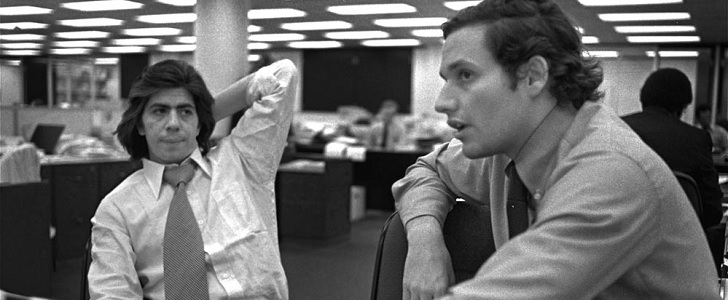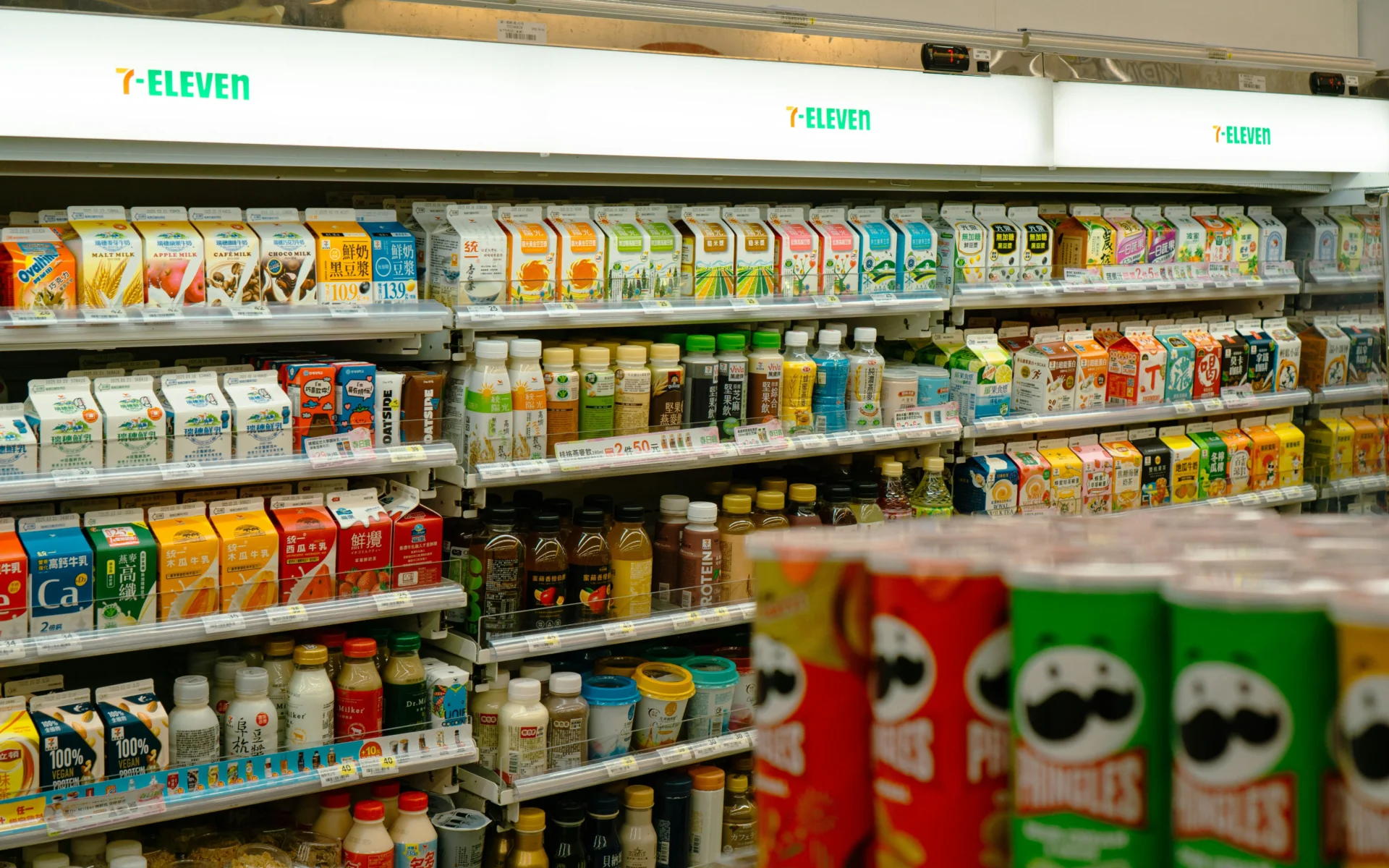Washington Post Company CEO Donald Graham cites the “economics of the print industry” in his decision to sell the Post and all company newspapers to Jeff Bezos, founder and chief executive of Amazon. Graham said in a letter to employees that he hopes the change in ownership will be best for the Post after losing revenue for seven years straight.
Washington Post Company CEO Donald Graham cites the “economics of the print industry” in his decision to sell the Post and all company newspapers to Jeff Bezos, founder and chief executive of Amazon. Graham said in a letter to employees that he hopes the change in ownership will be best for the Post after losing revenue for seven years straight.
The $250 million sale includes all news publications owned by the Washington Post Co. but not its other properties, including Slate and Foreign Policy Magazine. Bezos, not Amazon, will own the paper
Katharine Weymouth, the Post’s publisher and Graham’s niece, questioned whether a publically traded company, like Washington Post Co., could conflict with journalism. She, General Manager Stephen Hills, and Editor Martin Baron will continue to work or the paper in their current positions.
Bezos will trade the company publicly, meaning there will be less emphasis on profits, a similar tactic taken with Amazon. The Washington’s Post’s lost nearly $50 million this year. Other companies, such as advertisers and marketers have been forced to adapt and turn to online marketing companies to survive.
Will the Washington Post, and other newspapers, be able to survive in electronic format? Ideally, the technology will adapt to the content, not the other way around. Amazon might prove to be a good home for the Post, Graham himself advised Bezos on how to make newspapers papers accessible on the Amazon Kindle.
Newspaper consultant Alan D. Mutter told the NY Times that the Post can collaborate with Amazon, even if the two will be owned separately. Mutter also predicated Bezos’s background in technology could aid the floundering paper
The Post was one of their first newspapers to break the NSA security scandal and the Watergate break-in, which ultimately lead to the resignation of President Nixon. The Post was one of the papers involved in the Pentagon Papers case, when the Supreme Court rules the government could not censor work before it was published. This is the history the Bezos is buying.
“…the values of The Post do not need changing,” Bezos said, “The duty of the paper is to the readers, not the owners.”
But the medium does have some effect on the quality of work. On one hand, news is now instantaneous and can be easily corrected and updated. However, one ugly symptom of electronic journalism is the lack of a deadline and traditional news cycle. Work has to be published as fast as possible, before the competition can break the story. Fact checking and editing can be left out in this process.
But while Bezos has never owned a newspaper, his experience in publishing could be valuable. One of the keys to his success with the Kindle is competitive pricing with paperbacks, according to the Financial Post, but that may not translate to the daily commitment of newspapers.
Whatever the case, newspapers need to be experimented with. The internet and social media are affecting all businesses and most industries must learn to use technology as consumers come to expect it.
For more information about social media services, please contact fishbat Social Media Marketing Agency.


